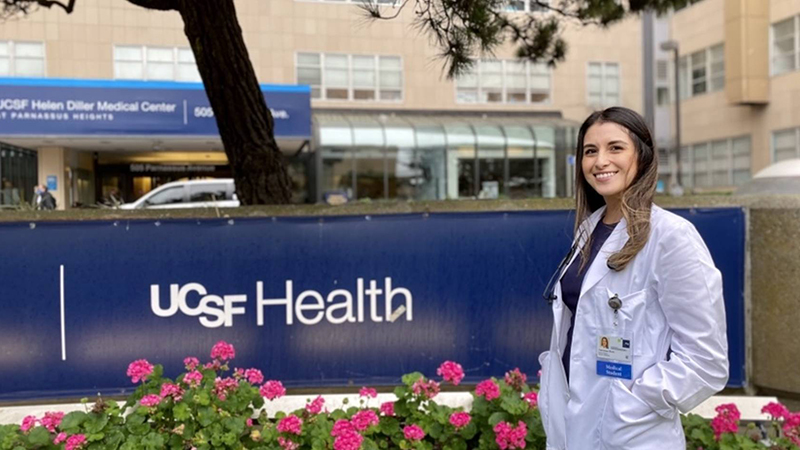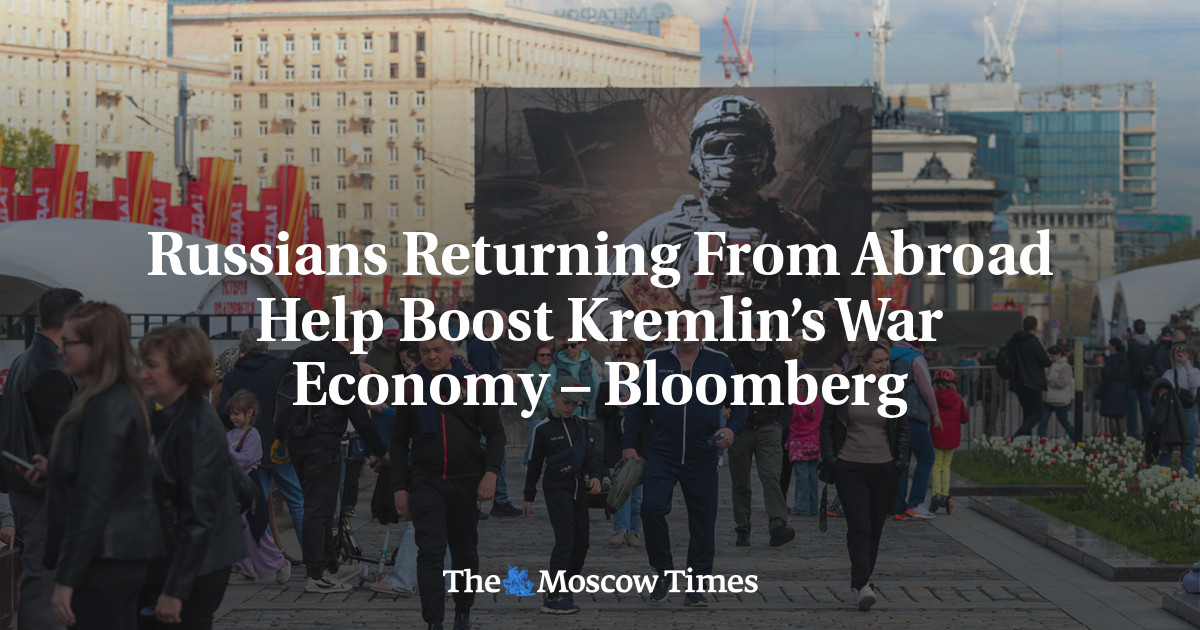
Breaking Barriers: UC Graduates Dedicated to Addressing California’s Health Care Deserts”.
Vanessa Mora Molina, originally from Fowler, a small farming town in California’s San Joaquin Valley, faced long wait times for basic medical care as a child. Despite these challenges, she will graduate with her M.D. this June from one of UC’s six medical schools, along with over 700 other medical students. The majority of these new doctors, 73%, will remain in California for their residency training.
Vanessa’s experience of facing long wait times for basic medical care as a child motivated her to pursue a career in medicine and address the issue of “health care deserts” throughout California. Many physicians who have completed specialized training through the UC PRIME program aim to provide care to underserved populations and address the lack of culturally competent doctors who can effectively communicate with patients.
Dr. Katherine Flores, a family medicine physician who supervised Vanessa in a Fresno clinic, emphasizes the importance of having doctors who understand the communities they serve. She believes that simply having more doctors is not enough; it is crucial to have physicians who comprehend the culture, challenges, and norms of the community in order to provide effective care.
The UC PRIME program and the commitment of these new doctors to serving underserved populations indicate a positive shift in the healthcare landscape in California. By training medical professionals who are culturally aware and dedicated to addressing healthcare disparities, UC is making strides in ensuring that all individuals have access to quality care.

